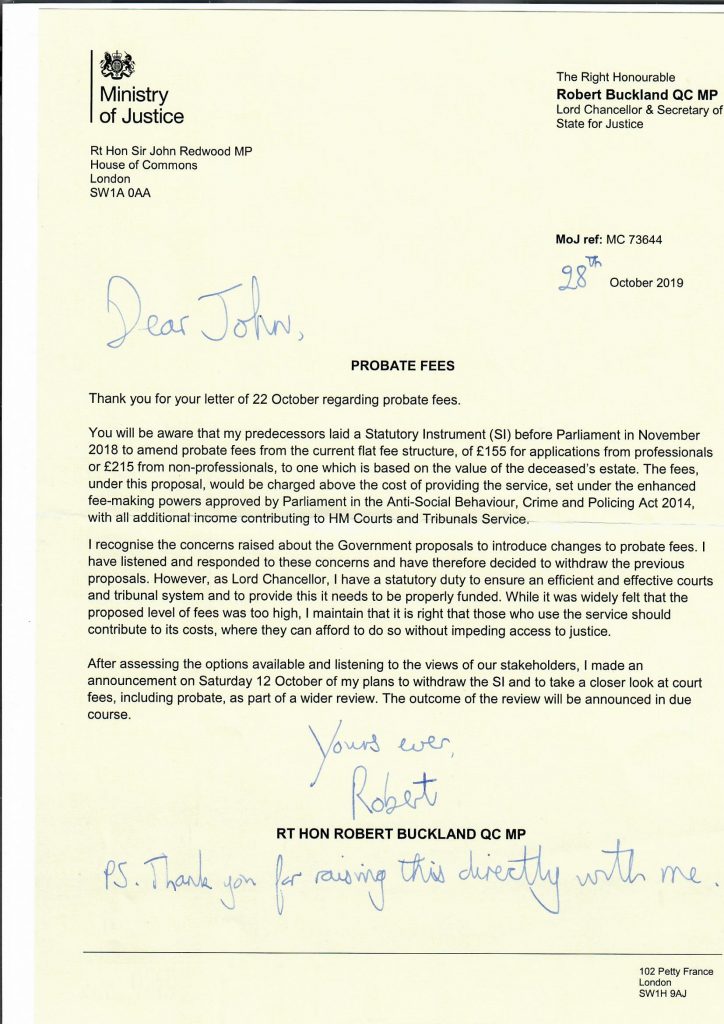Speaker election
As this Parliament struggles its way to a premature close making a further mockery of the Fixed Term Parliaments Act it has decided on one last decision to carry its waning power into the next Parliament. It has decided to persevere with the election of a new Speaker on Monday. Whilst the new Parliament could choose a different Speaker on its first day, this would be unlikely.
The election campaigns of the candidates have not been front page news. On many issues the candidates agree. They all want the role to be less flambuoyant, more referee and less player. They all say they wish to raise standards of behaviour and to show respect for MPs and the institution.
To me the crucial question is how will they wish to redefine the balance in Parliament between allowing strong and telling criticism and investigation of government whilst at the same time allowing a government to govern,
Some reforms of recent years are good and should be kept. More frequent Urgent Questions and topical debates keep Parliament relevant and make governments answer when things are worrying or going wrong. Too many Urgent Questions that are not urgent, have been asked before or are not of wider interest can absorb too much time for no great purpose.
Question Times have been extended informally. The new Speaker should review with interested parties how long Questions should normally last and make arrangements accordingly. Making the PM or Ministers stay long after the appointed time is discourteous to people with busy diaries.
Opening up the House for better public access, and allowing use of Speakers House for charities and other civic institutions has been welcome. The Parliament buildings belong to us all and should serve the wider community.
The more recent constitutional experimentation should stop. Legislation should be proposed by a government, with a Money resolution to show it fits into the budget and Queens consent where needed to show it is compatible with the way the government is using prerogative powers. Parliament rightly has plenty of powers to delay or make difficult the passage of an unwelcome government Bill. It should not create powers to speed through legislation the government opposes on a one day only temporary alliance of MPs against the government.
The next Speaker also needs to come to a view with the Commons on what remedial and improvement works need doing over the next decade to the fabric of the buildings.
